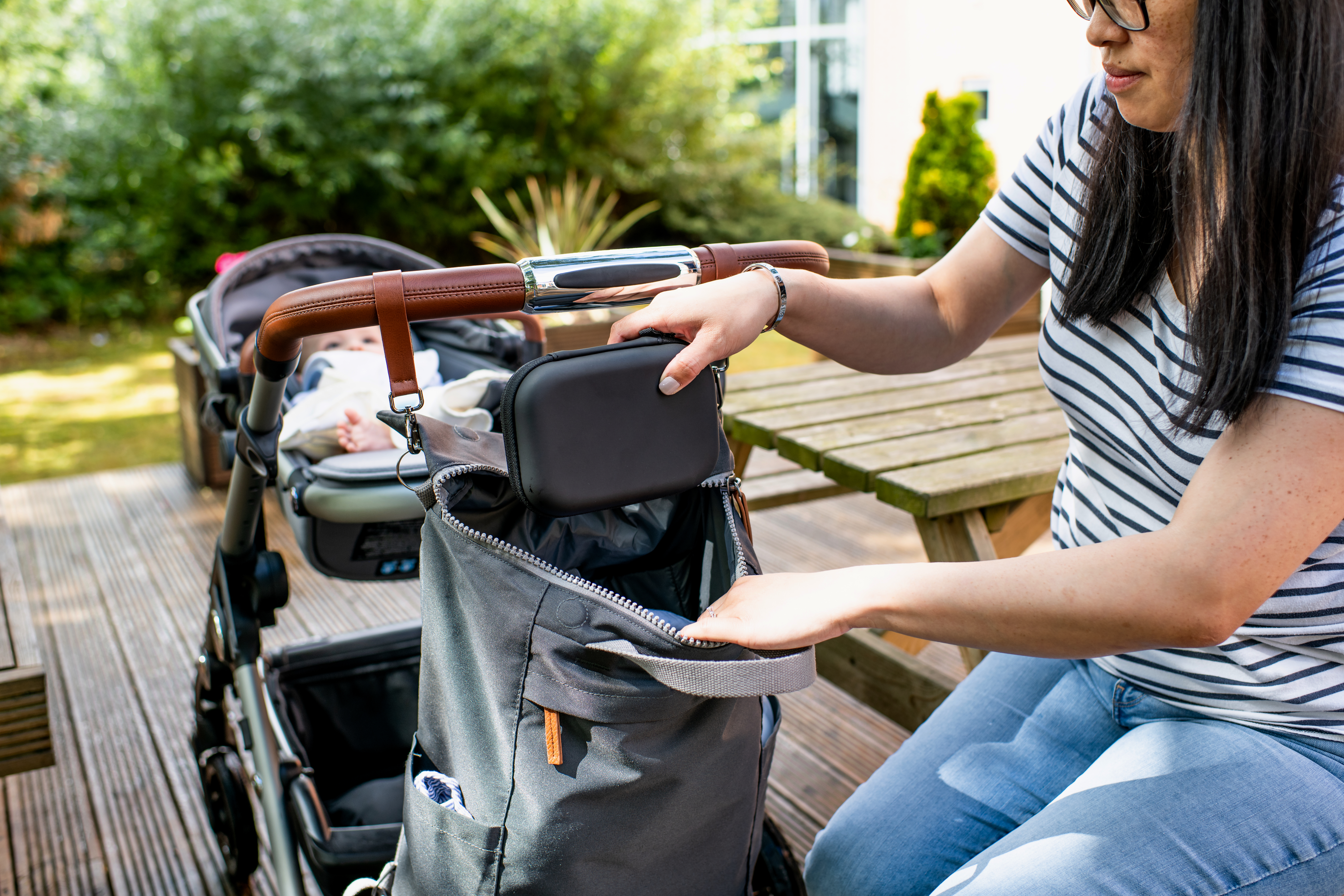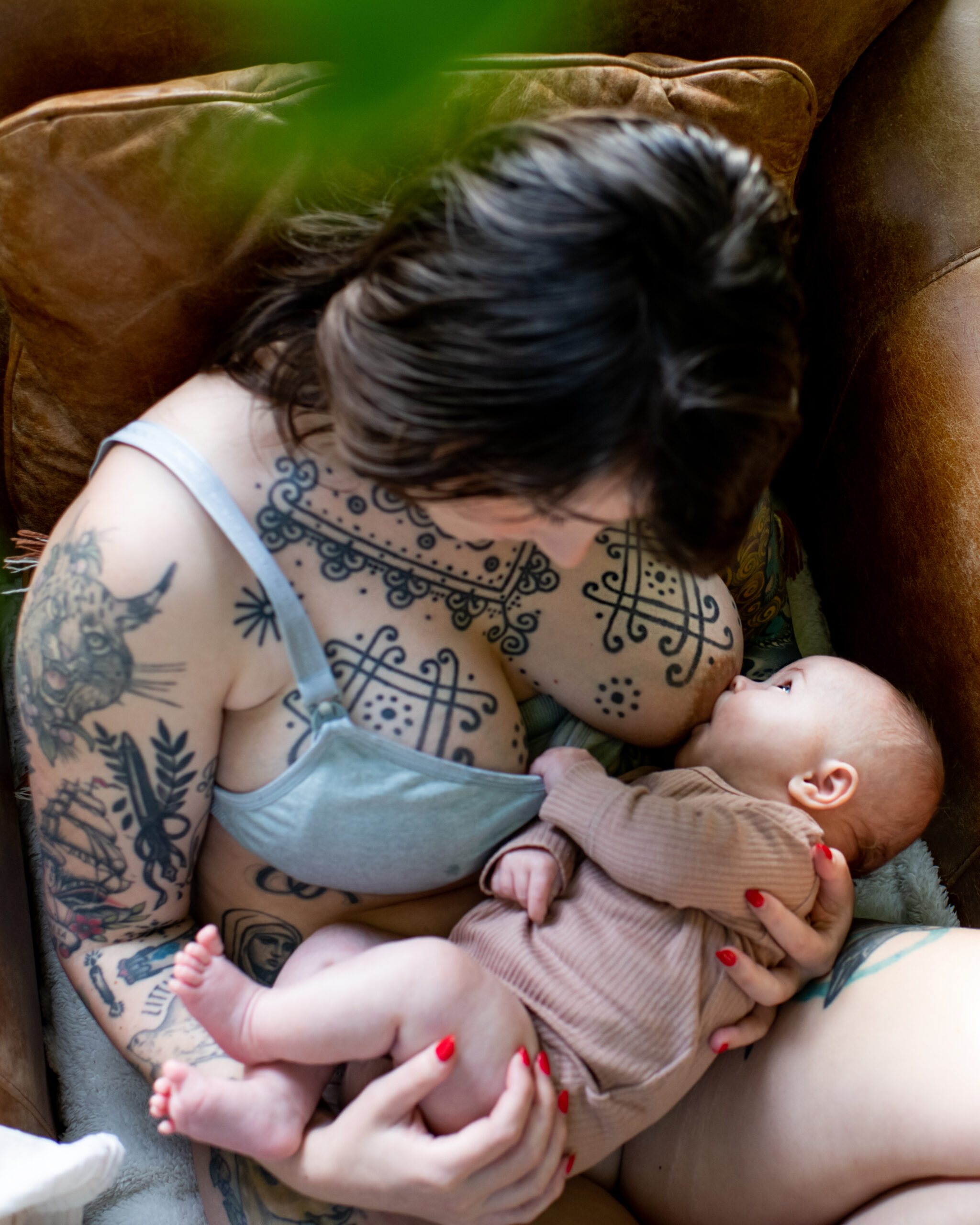Bathing your baby is a lovely way to bond with them, but the first few baths can be daunting for new parents!
You need your baby’s bath temperature to be just right, and understandably want reassurance that your little one is safe and comfortable.
Well, we’re here to help you get ready for bath time success! Read on for advice on how to run the ideal bath for your little one.
What temperature should a baby’s bath be?
A baby’s skin is around 20-30% thinner than an adults’, so it’s super sensitive to their environment. Therefore, it’s essential that the temperature for your baby’s bath isn’t too hot or cold. It needs to be just right.
For most babies and children, a bath temperature of around 37-38°C or 98°F-100°F is ideal.
To reduce the risk of scalds that can happen if the bath water is too hot, you can lower the temperature of the water coming out of your taps to a maximum of 50°C/122°F on your boiler. Never turn the tap on while the baby is in the bath, as this can suddenly change the temperature and potentially cause burns. There’s also a risk of them putting their hands or feet under the hot running water.
It’s also important to keep an eye on the overall room temperature because babies can become chilly quickly when they’re wet.
How can I check the bath temperature for my baby?
Before you put your baby into their bath, always check the water temperature beforehand.
You can do this by dipping your elbow into the water. (Don’t use your hand because it can cope with higher temperatures and isn’t as sensitive). Mix the water well so there are no hot patches. Your baby’s bath temperature should feel neither warmer nor cooler than your elbow.
For extra reassurance and greater accuracy, you can use a bath thermometer to ensure the ideal temperature for your baby’s bath every time.
Bath water can cool down fast, so try to wash your little one quickly while it’s still at a comfortable temperature. If the water does cool too much before they’re ready to get out, you can take your baby out of the water and keep them warmly wrapped up in a towel. Empty out the cooled water, top it back up to temperature and resume your baby’s bath time.
How much water should be a baby’s bath?
When bathing your baby, there’s no need to overfill the bath. Around 5cm or 2 inches of water should be plenty.
If you do use more water, make sure that it doesn’t come up above their shoulders and always keep their head clear of water.
It’s important that your baby is never left unattended in the bath, even if it’s just for a moment. If you do need to leave the room, take your baby out of the bath, wrap them up in a cosy towel and take them with you.
How do I bathe my baby safely?
Before bath time, it can help to keep your baby wrapped warm in a fluffy towel until it’s time to put them in the bath. This is because your little one can sometimes become unsettled if they feel exposed or unsupported in open air, especially if they’re still getting used to the whole bath time experience.
Once their bath is at the right temperature, keep their head supported with one hand and slowly lower them into the water with the other hand supporting their bottom. Once they’re comfortably sitting on the bottom of the bath, you can use the hand that’s not supporting their head to wash them.
Remember to always keep your baby’s head above the water and use one hand to wash the water over them.
While you’re washing them, talking to them and explaining what you’re doing will help to keep them calm and relaxed.
When it’s time to get them out of the bath, be sure to hold onto them tight – they might be a little slippery! Pop your free arm under their bottom, holding their legs. You can then safely lift them out onto a towel and dry them off.
How should I keep my baby warm during and after bath time?
While your baby is in the bath, it’s important that they stay warm because a wet baby can get cold fast.
You can make sure they’re warm while in the bath by…
- Making sure supplies and towels are ready before bath time.
- Using a sink or baby tub instead of a large bath.
- Closing windows and doors during bath time.
- Using a portable heater to keep your bathroom warm.
- Covering baby’s body parts that you’re not washing with a warm muslin cloth or flannel.
Once your baby is out of the bath…
- Immediately wrap them up in a fluffy towel with a hood to keep them warm.
- Pat them dry and pay extra attention to the creases in their skin.
- Give them lots of cuddles and reassurance.
- Massage their skin to soothe and relax them.
- Pop on a fresh nappy and some soft, cosy clothes.
Don’t worry if your baby doesn’t seem to love bath time at first. It might help to try different ways of bathing them at different times of day. It’s just a case of finding out what works for you both.
After a while, they’ll get used to it, and it won’t be long until they’re playing and splashing away!


